The Academic Staff Union of Universities (ASUU) has urged the Federal Government to use the remaining 10 days of the one-month grace period to fully resolve its long-standing issues with the union—or risk another strike.
The appeal came after ASUU’s National Executive Council meeting held at Taraba State University, Jalingo, between November 8 and 9. The union’s president, Prof. Chris Piwuna, made this known in a statement released on Wednesday.
ASUU accused some government officials of frustrating the negotiation process through misleading statements about the government’s offers and level of implementation.
The union had suspended its two-week warning strike on October 22, giving the government until November 22 to meet its demands. These include the review of the 2009 ASUU-FG agreement, payment of outstanding salaries and earned allowances, and release of funds for university revitalisation.
Prof. Piwuna said the government’s current actions “reflect insincerity” and fail to show real commitment to improving the living and working conditions of lecturers. He warned that ASUU would not hesitate to resume industrial action without notice if concrete progress is not made.
While noting slight progress in non-monetary areas, ASUU rejected the proposed salary offer, describing it as “grossly inadequate” and incapable of stopping the brain drain affecting Nigerian universities.
The union dismissed the government’s claim of insufficient funds, arguing that revenues at both federal and state levels have risen significantly in recent years.
“It’s not about lack of money but lack of political will,” the statement said. “Education should be treated as a national priority, not a commercial venture.”
ASUU called on traditional rulers, students, civil society groups, and the Nigeria Labour Congress to keep pressuring the government to do what is right and give lecturers a living wage.



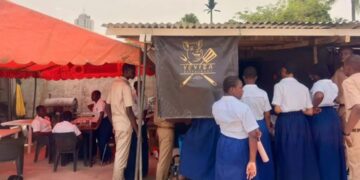
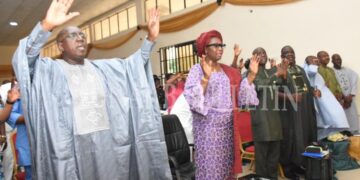


























































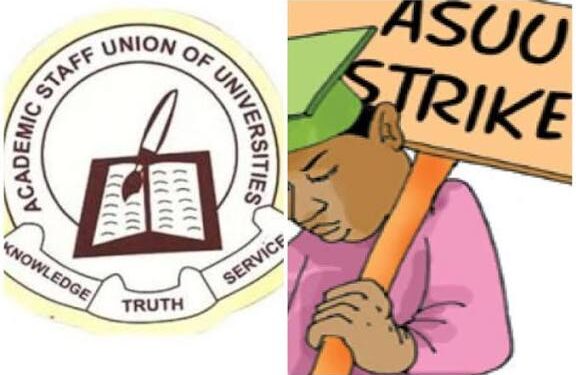




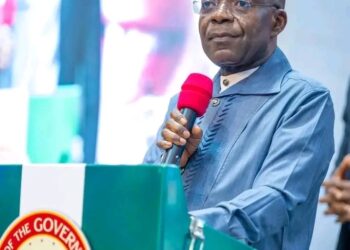
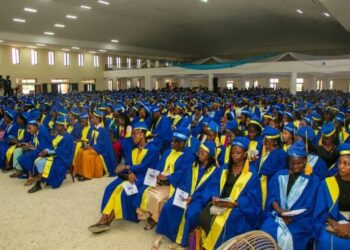

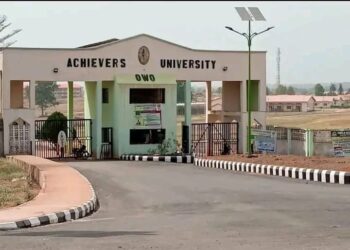










 EduTimes Africa, a product of Education Times Africa, is a magazine publication that aims to lend its support to close the yawning gap in Africa's educational development.
EduTimes Africa, a product of Education Times Africa, is a magazine publication that aims to lend its support to close the yawning gap in Africa's educational development.